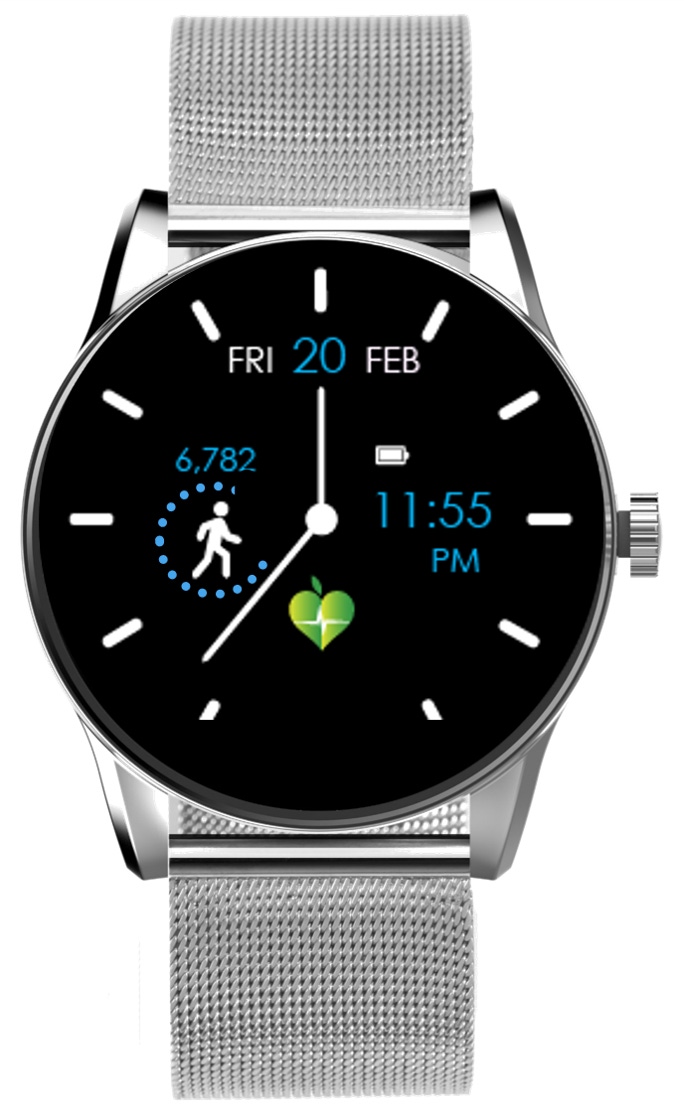Software Co. Combines AI and Wearables For Glucose Monitoring
LifePlus, which has been in stealth mode until now, is developing Lifeleaf, a non-invasive continuous blood glucose monitoring (CGM) multi-sensor wearable device.
May 16, 2018

Artificial Intelligence (AI), wearables, and diabetes monitoring are arguably three of the hottest sectors in medtech at the moment. LifePlus, a small software startup, has the distinction of belonging to all three markets.
The Menlo, CA-based company is developing LifeLeaf, a non-invasive continuous blood glucose monitoring (CGM) multi-sensor wearable device that uses AI. The device is currently involved in five clinical trials across the world.
“We’re a young company that has been in stealth mode for almost three years working on this problem,” John Trobough, executive chairman of LifePlus' board, told MD+DI. “LifePlus is a company that has been focused on the application of machine learning and how we break down the problem of blood glucose and noninvasively measure that using commercial off the shelf hardware.”
LifeLeaf resembles a smart watch and in addition to blood glucose monitoring, the multi-sensor device has the potential to non-invasively monitor heart rate, blood pressure, and respiration rate, and oxygen saturation.
The firm described LifeLeaf as a “cloud-based AI solution" with a user interface and connected mobile app that provides analytics with real-time notifications. Details about the technology emerged at the Medical Wearables Conference in Santa Clara, CA, being held this week.
Market Big Enough For All
Although LifePlus finds itself nestled in several different markets, the company could face stiff competition from two juggernauts in the industry – Google and Apple.
Google’s sister company, Verily Life Sciences working on a wearable to simplify blood glucose monitoring. Verily and San Diego-based Dexcom are in a partnership to develop a miniature CGM system.
On the heart monitoring side, Apple is also getting into the mix by seeking FDA approval for an iWatch-Connected heart app.
iRhythm Technologies has developed the Zio XT patch, a wearable that records patient’s heart rhythm continuously for up to 14 days in order to detect arrhythmias. The San Francisco-based company’s technology has FDA clearance.
Trobough noted the companies would not be competition but could actually help push the market forward.
“Clearly there is noise in the market around Google and there is noise in the market around Apple,” he said. “We think that’s great that these companies are – in our view – market makers. We’re not going to be the ones who are going to have the pockets deep enough to spend the marketing dollars to create awareness for some of these technologies. But we do believe there is a large ecosystem of medical wearable manufacturers who will need this capability and are not going to turn to just Google or Apple as the answer.”
About the Author(s)
You May Also Like




